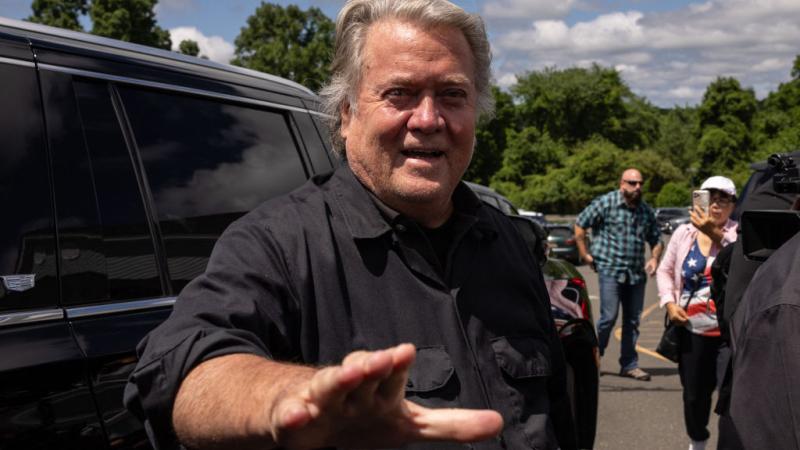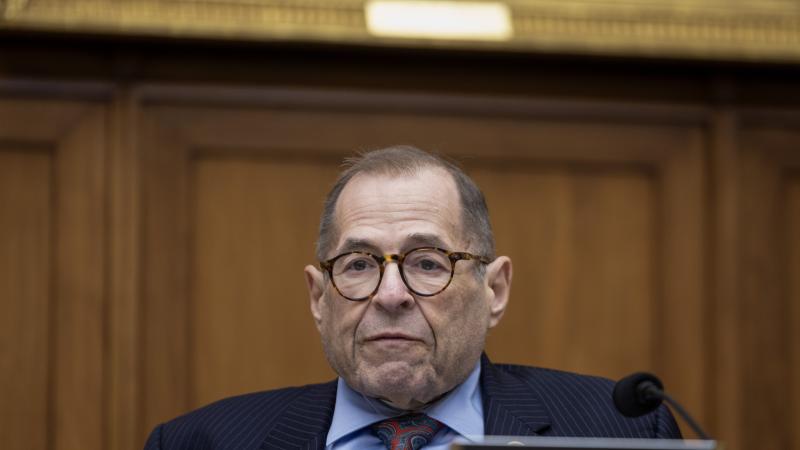Senate Intelligence panel finds 'no political pressure' added to report on Russian election meddling
The fourth of five Senate Intelligence committee reports details a back-and-forth between the FBI and CIA over the veracity of the Steele dossier
The Senate Intelligence Committee said Tuesday that intelligence community officials who drafted the 2017 assessment of Russian election interference “were under no political pressure” to reach “specific conclusions," as part of the panel's probe into the 2016 elections.
The finding is part of the fourth volume of the committee's five-part, bipartisan investigation into whether Russia meddled in the election.
The report also found that the Intelligence Committee Assessment (ICA) was a “coherent and well-constructed intelligence basis for the case that Russia engaged in an attempt to interfere with the 2016 U.S. presidential election.”
The committee found that the ICA laid out a solid argument for the “unprecedented” nature of the “manner and aggressiveness of Russia’s election interference.”
Committee Chairman Sen. Richard Burr released a statement on Tuesday saying that the “committee found no reason to dispute the Intelligence Community’s conclusions.” The North Carolina Republican also said that Russia’s “aggressive interference efforts should be considered ‘the new normal.’ ”
The committee noted that while the ICA did not include intelligence information provided by former British spy Christopher Steele, the document did include a summary of Steele’s report in an appendage, “largely at the insistence of FBI’s senior leadership.”
The committee’s report documents the tussle between the CIA and FBI Deputy Director Andrew McCabe over the inclusion of Steele’s information – known as the Steele dossier – in the final ICA, which was being prepared for President Obama.
CIA officials helping compile the report argued that Steele’s information was “internet rumor,” and did warrant inclusion in the body of the report. McCabe argued for the information’s relevance, but ultimately the CIA’s position triumphed.
The first volume of the committee’s report faulted the FBI and Department of Homeland Security for failing to provide adequate warnings to state governments about the extensive Russian hacking activity surrounding the U.S. election.
The second volume directed President Trump to speak to the public about foreign governments trying to interfere in U.S. elections, especially via social media.
The report’s third volume concluded that the Obama administration was “not well-postured” and therefore failed to take decisive action during the 2016 election hacking. The report indicates that the administration considered several courses of action “without truly taking one.”
The final volume of the report is expected to confront the committee’s closing thoughts on counterintelligence, in addition to devoting a section to the infamous dossier
















